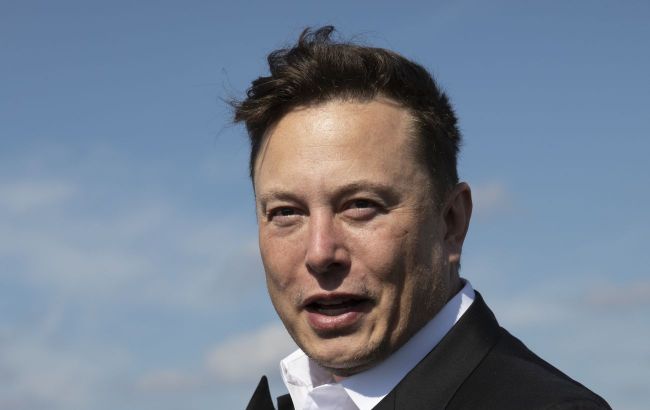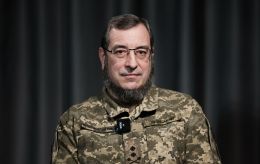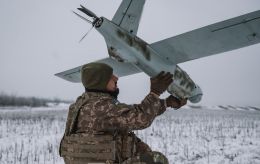Elon Musk calls reelected president of Venezuela a dictator - AP
 Billionaire Elon Musk (photo: Getty Images)
Billionaire Elon Musk (photo: Getty Images)
Billionaire Elon Musk has labeled Nicolás Maduro a dictator following the controversial presidential elections in Venezuela and the alleged re-election of Maduro as the head of state, reports Associated Press.
According to reports, following the results of the Venezuelan presidential election, where both Maduro and his opponents claimed victory, the owner of X (formerly Twitter) accused the self-proclaimed leader of the socialists of massive election fraud.
“Shame on Dictator Maduro," Musk wrote.
The Associated Press notes that officials postponed the release of detailed voting results from the Sunday elections after Maduro was declared the winner with 51% of the vote compared to 44% for retired diplomat Edmundo González.
Elon Musk also retweeted a comment from his friend, Argentine President Javier Milei, who stated, "The numbers announced a landslide opposition by the victory and the world is waiting for the government to acknowledge defeat after years of socialism, misery, decadence and death."
Maduro, who is allegedly re-elected, responded to Musk's social media posts by calling the billionaire a threat to Venezuela.
"He is the representation of the fascist ideology, anti-natural, anti-society. Elon Musk is desperate, control yourself. Whoever gets involved with me dries out," he said.
Elon Musk does not always label those who are dictators as such. For instance, in December 2023, the billionaire sparked controversy by saying that Russians have a great sense of humor and that Russian President Vladimir Putin is a decent guy. This is the same Putin who has ruled Russia for over 20 years, eradicating freedom of speech and where democracy is a distant notion.
What's happening in Venezuela
On Sunday, July 28, Venezuela held its presidential election. However, the announcement of the results was delayed by several hours, and the National Electoral Council, controlled by Maduro's supporters, declared that Maduro had secured a majority without releasing the actual voting data from the polling stations.
Disagreeing with the results, thousands of people took to the streets in protests in Caracas, the capital of Venezuela, and other cities. Reports indicate that the protests in the capital began peacefully but escalated into clashes when dozens of national police officers in riot gear blocked a caravan. The police used tear gas to disperse the protesters, some of whom threw stones and other objects at the officers stationed on the main street of an upscale neighborhood. Media reports also mentioned the toppling of statues and gunfire.
US Secretary of State Antony Blinken stated that the US is seriously concerned about the results of the disputed Venezuelan presidential elections. He expressed worries that the outcome does not reflect the will of the Venezuelan people.


